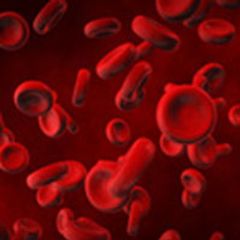
Dr. Pollyea on the Role of Maintenance Therapy in AML
Dan Pollyea, MD, MS, discusses the current role of maintenance therapy in patients with acute myeloid leukemia who are unfit for intensive chemotherapy.
Dan Pollyea, MD, MS, associate professor, clinical director of leukemia services, University of Colorado Denver – Anschutz Medical Campus, discusses the current role of maintenance therapy in patients with acute myeloid leukemia (AML) who are unfit for intensive chemotherapy.
Different maintenance therapy options exist in the AML space, including oral azacitidine (Onureg), which is approved for patients who meet specific criteria, Pollyea says. However, many patients with newly diagnosed AML who cannot receive intensive induction chemotherapy instead receive a venetoclax (Venclexta)-based regimen, which is currently prescribed indefinitely, Pollyea continues.
Venetoclax may not be optimal for all patients with AML, Pollyea notes. Maintenance therapy is difficult for patients, as long-term treatment can impair quality of life because of its toxicity over time, Pollyea says. Going forward, learning which patients may be able to modify or even discontinue treatment can help provide the most effective line of care for individuals, Pollyea concludes.
Sponsored in part by Servier Pharmaceuticals. Content independently developed by OncLive.










































